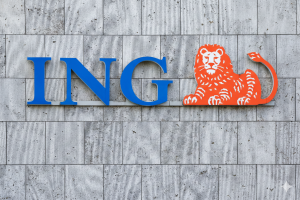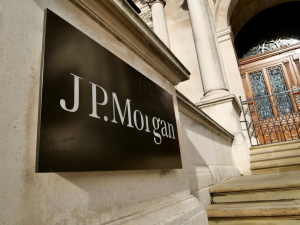
Business
Delays and inefficiencies in the U.K.’s payment systems are costing British businesses an estimated £56 billion annually, according to a new industry study. The findings underscore how outdated banking processes and slow settlement mechanisms can drain liquidity, restrict access to credit, and increase operational costs—issues that directly affect consumers and companies alike.
Many U.K. companies, especially small and medium-sized enterprises (SMEs), rely on fast and reliable payment flows to manage daily expenses, payroll, and supply-chain commitments. Yet the study reveals that late payments, manual processing, and incompatible banking interfaces remain common.
For consumers, these inefficiencies can translate into slower fund transfers, higher service fees, and greater uncertainty around payment timing—particularly for cross-border transactions or mortgage settlements.
The result is a drag on productivity and working capital. When cash is trapped in the system, businesses often turn to short-term loans or overdrafts to bridge the gap, raising their borrowing costs and exposing them to higher interest rates.
Banks themselves are under growing pressure to address these weaknesses. The rise of digital banking, fintech competitors, and real-time payment networks has transformed customer expectations.
Traditional institutions must now upgrade legacy systems, improve integration between checking accounts and digital wallets, and strengthen compliance with open banking regulations.
The Bank of England’s ongoing modernization of its Real-Time Gross Settlement (RTGS) system aims to enable faster, more secure payments across all sectors. When fully implemented, it could lower operational risks and reduce the reliance on outdated clearing processes that slow down transactions.
Regulators are also playing a central role in encouraging reform. Initiatives promoting competition—such as open APIs and standardized data sharing—are pushing banks to innovate.
At the same time, the cost of compliance and cybersecurity requirements adds complexity. Banks must invest in advanced authentication, anti-fraud technologies, and data governance frameworks, all while maintaining profitability in a high-interest-rate environment.
For customers, this evolution means improved transparency and potentially lower fees, but also a need to adapt to new digital banking tools and payment platforms.
Efficient payment systems are more than just a convenience—they are vital to economic stability and credit flow. Faster payments free up capital, support mortgage lending, and reduce the reliance on short-term loans.
As the U.K. financial sector competes globally, progress in digital payments will determine how effectively it can support domestic growth and attract international investors.
In the coming years, expect to see continued collaboration between banks, fintech firms, and regulators to deliver faster, safer, and more integrated payment infrastructures.
For businesses and consumers alike, embracing digital banking solutions may soon become less about convenience—and more about economic necessity.
 Previous Post
Previous Post
SKN | OCC’s Gould Rejects ‘Ostrich’ Approach to Crypto and AI Innovation
 Next Post
Next Post
SKN | BofA Investor Day Spotlights Co-Presidents Athanasia and DeMare

February 22, 2026

February 21, 2026

February 21, 2026

February 20, 2026